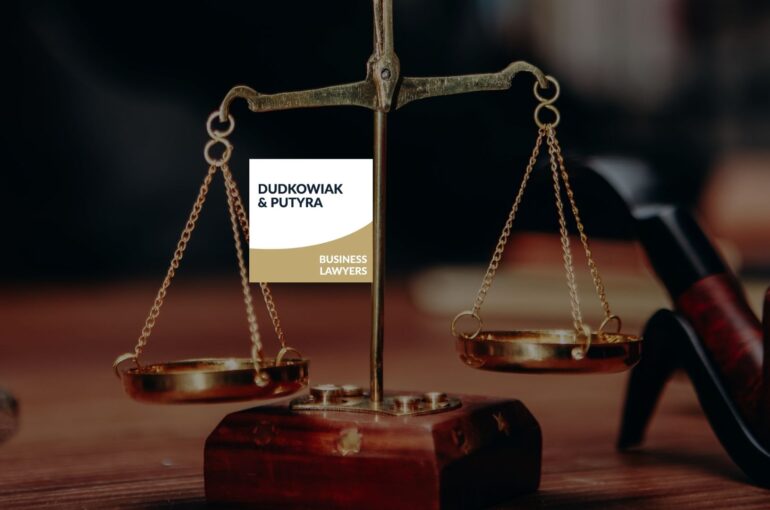Is a reserved portion liable to inheritance tax?
Who may claim a reserved portion of inheritance?
At this point it is worth reminding that the person closest to the testator (descendants, spouse or parents) may claim payment of the reserved portion of the inheritance if according to the rules of statutory succession they would be entitled to the inheritance. In such a situation, if the person was left out of the will or received less than the amount of the reserved portion of the inheritance to which he or she is entitled, this person may demand payment of the reserved portion of the inheritance (or its supplementation to the appropriate amount) from the other heirs, legatees or beneficiaries. Sometimes it is necessary to file a lawsuit for the reserved portion, although in many cases the parties decide to settle an agreement.
It is therefore important to weigh the pros and cons before choosing a way to claim the reserved portion of the inheritance, which is often not such an easy thing to do. Our inheritance lawyers in Poland will help you choose the best option to protect your interests. Contact our law firm: [email protected].
When should inheritance tax be paid?
Inheritance tax is payable not only by heirs, but also by non-heirs who are entitled to a reserved portion. Inheritance tax must be paid if the value of the tangible and intangible assets acquired is higher than the tax-free amount. This amount is set by law, and its amount depends on which group the heir belongs to.
How to avoid paying tax on the reserved portion of the inheritance?
Tax is due on the receipt of a sum of money equivalent to the reserved portion of the inheritance. Only the spouse, descendants and parents of the testator, who are classified in tax group I and in the so-called zero group by the law on inheritance and donation tax, entitled to a full exemption from inheritance tax, are entitled to the reserved portion, under the condition of reporting the receipt of the reserved portion to the head of the tax office within six months from the date of receiving it. Thus, if a person entitled to the reserved portion fails to report the receipt of the reserved portion of the inheritance, will be obliged to pay inheritance tax according to the rules applicable to the first tax group.
During the proceedings before the head of the tax office it may be necessary to consult a lawyer who can represent the taxpayer during the whole tax payment procedure.
What is the tax on the reserved portion of the inheritance?
If you fail to report on Form SD-Z2, the tax exemption opportunity is lost and the inheritance received is taxed according to the rules applicable to tax group I. The excess over the tax-free amount is taxable. The tax free amount for tax group I is PLN 9,637. To calculate the tax amount, the tax-free amount should be subtracted from the value of the received portion of the inheritance. If the amount obtained in this way
- is less than 0 – you do not pay tax,
- is higher than 0 but does not exceed PLN 10,278 – tax amounts to 3% of the surplus over the free amount,
- is higher than PLN 10,278 but does not exceed PLN 20,556 – tax is PLN 308.30 and 5% of the surplus over PLN 10,278,
- is higher than PLN 20,556 – tax is PLN 822.20 and 7% of the excess over PLN 20,556.
When determining the free amount, the value of all assets and property rights received from or after the same person during the 5 years preceding the year in which the last acquisition took place should be taken into account. Thus, in case of receipt of a reserved portion, it is necessary to take into account the value of any donations received from the testator during his lifetime in the period of 5 years preceding the receipt of the reserved portion.
Different way to count thedeadline for tax notification
There is, however, one significant difference between the inheritance tax and the reserved portion tax – the way the 6-month deadline is calculated. A person entitled to a reserved portion does not obtain ownership of assets or property rights upon the opening of the inheritance. Tax liability does not arise with the death of the testator (the moment the inheritance is opened), nor with the moment the decision confirming the acquisition of the inheritance becomes final. It starts to run only from the moment when the property is transferred to the person entitled to the reserved portion of the estate.
All information regarding the issues described above can be clarified by our lawyers specializing in Polish inheritance law.


